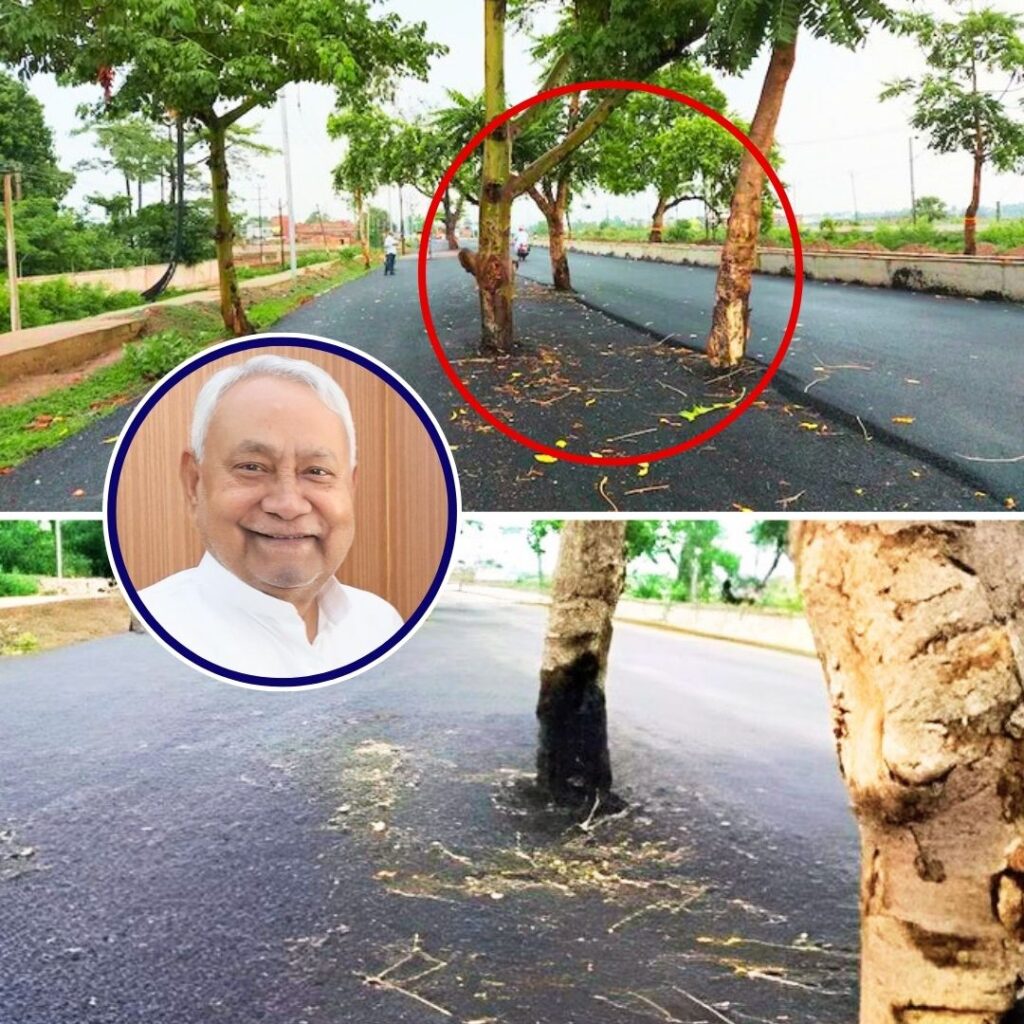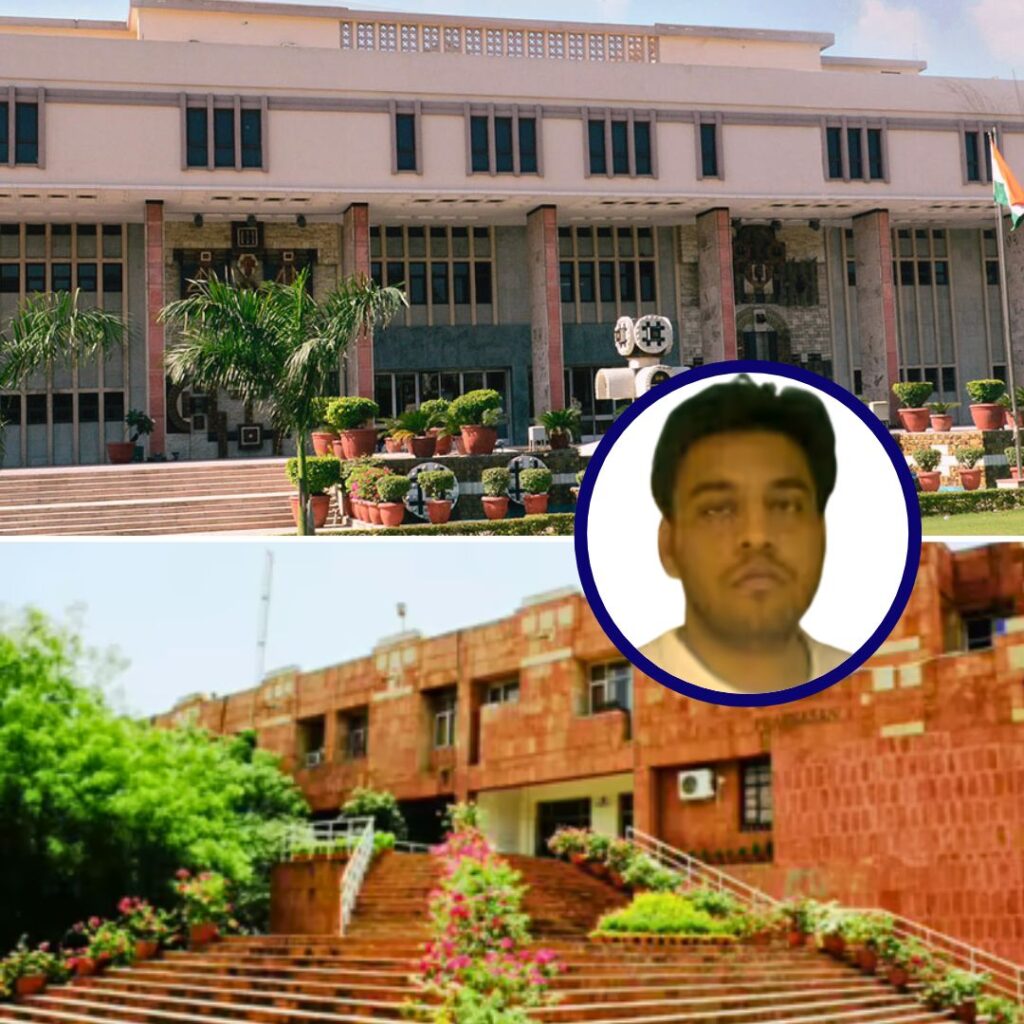A long stretch of highway to conquer, you are with your best friend, two bikes and a dog, on a road trip. This statement can be safely said to be every youngster’s dream. So it is for Prashant and Ben, two youngsters on a cross-continent road trip, all the way from India to Scotland. As a part of this journey namely the Vasudhaiva Ride, they are creating community projects that which focus on creating sustainable housing options. Their second project is in North Rajasthan, The Pushkar Project. It focuses on sustainable designing of a pucca house within Rs 1 lakh.
But this story is that of striving to bring a change, this story is of youngsters from the opposite sides of the planet coming together to spend two years on the road to explore the notion of, the world is one family. It sounds exhilarating, sends a chill down the spine also keeps your adrenaline surging all the way, in equal measures.
What is Pushkar Project?
The project aims to build a human home for Rs 1 lakh. The Pushkar project comes with the goal to create a model for affordable, locally sourced sustainable for a house which is based on a zero-waste construction process and much creative and a collaborative process.
Creating new possibilities
Soon, a plan was put in place and they put in all their efforts to create the Saral Shambala Centre, an initiative to bridge the gap between the urban and rural India. This house project helped in providing an exchange of knowledge, skills and perspectives to build a method of sustainable living space.
Also read: The Vasudhaiva Ride: 2 Young Men, 80,000 KM, 25 Countries, Spreading Love Across Communities
The project was aimed at mobilising the entire community and creating an involvement of dozens of people from the local village. The entire exercise has emerged to be a challenging and meaningful process. This affordable housing would transform the way people see waste and a process which would bring sustainable ways of working with natural materials to life.
Walls made of mud and glass bottles Experience of creating a sustainable house
Local workers were learning how to lay bricks with glass bottles and international travellers were weaving a grass roof under the guidance of village elders. It was a global community, sharing chai, world perspectives and techniques for removing thorns from bare feet.
This entire process was one of the first projects for Ben and Prashant as well. It helped to forge new bonds among the volunteers and the villagers, bringing upcycle designs to new scale. This unique community centre was built from scratch, in 24 days flat. When The Logical Indian spoke to Ben Reid-Howells, he said, “We are living in a world with finite resources that we are quickly using up in unsustainable industrial processes and ways of living. And many people are unable to afford the traditional materials available to build a home. We want to show people, both urban visitors and local villagers that this kind of construction is not only possible: but cheap, sustainable and beautiful“. Nature building calls for community engagement, an incredible sense of community forms, one that bridges culture, language and lived experience.
Wall made of bottles How was the house built?
The foundations of the house twelve foot stone pillars, sunk to the ground and cemented in place. The walls, however, are made of glass bottles, finished with mudding. They are strong enough to be laid in between bricks and they also serve purposes of lighting up the interiors. Mudding, on the other hand, is a mixture of hay, cow dung and clay. The walls made of this material will help the house to remain cool during the summer months. The roof is made of hand-woven grass laid on a bamboo frame and wooden beams.
A community effort Potted gardens
The building also has a pathway and a tree-house balcony that can house at least 20 people. The tree house balcony has been built into three living trees which means decreasing the amount cement to bolster the weight. It also has a hanging garden built with ropes and jars and a biodegradable toilet that reuses and transforms waste to create another green patch in the desert. “Each piece of scrap generated to build the house has made its way back to the house,” added Ben.
The Logical Indian community wholeheartedly applauds the efforts taken up by the duo, to create methods of sustainable living. They are an inspiration for all of us.
Also read:
A Teaching Team In Mumbai Is Creating Next Generation Leaders Using Socially Relevant And Accessible Education
With #MySocialResponsibility, we aim to bring you more inspiring stories of individuals and organisations across the globe. If you also know about any changemakers, share their story at [email protected] and we’ll spread the word.











